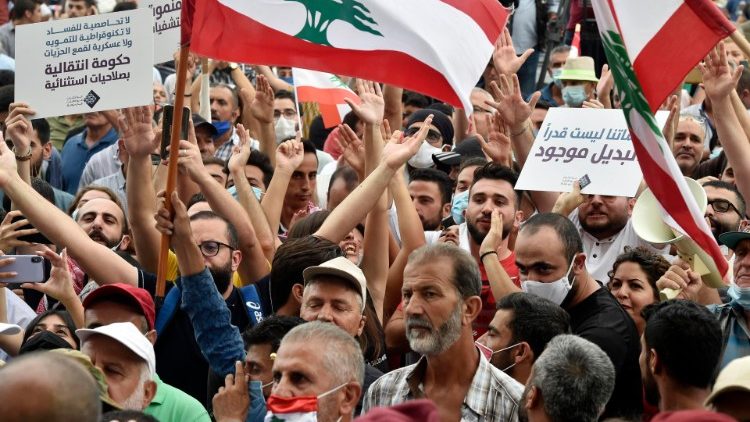Lebanon is currently faced with multiple challenges on the economic, financial, social and political levels which require quick initiatives.
Late last year local banks started limiting withdrawals and by May this year, it was clear the financial system was in dire straits.
The local currency plummeted and with it the economy. Matters were compounded by a cut in tourism and trade due to the coronavirus pandemic.
Unsurprisingly, unemployment has shot-up, evictions are common and the poverty rate is near 50 percent.
To make matters worse, Lebanon has seen an increase in power cuts in the past month because of the shortage in fuel used to operate the electricity stations.
Discussing the issue in a video conference, the Executive Committee of the World Council of Churches expressed great concern about the current developments in Lebanon.
“In the midst of a region torn apart by wars, conflicts and occupation, Lebanon has remained an example and symbol of hope and resilience. That example is now in jeopardy,” the World Council of Churches said in a statement.
The Committee affirmed that it was incumbent on the government of Lebanon for urgent structural reforms needed to ensure stability, unity and sovereignty.
In recent weeks, Lebanon has been negotiating a rescue plan with the IMF but so far failed to reach a consensus.
By: Nathan Morley
Source: www.vaticannews.va






